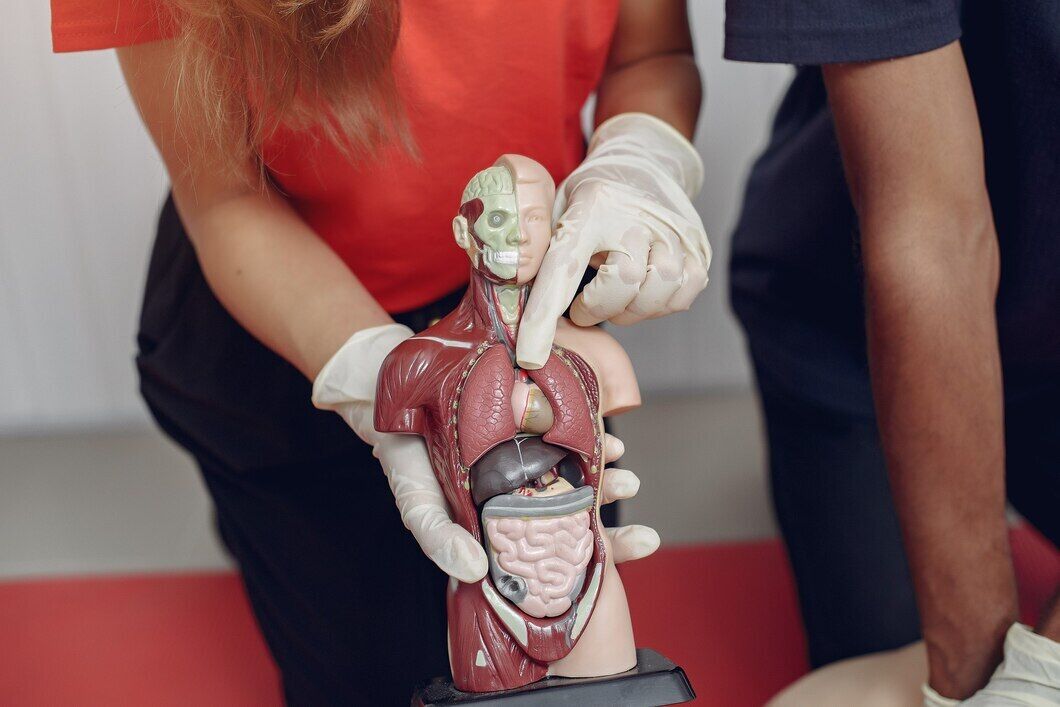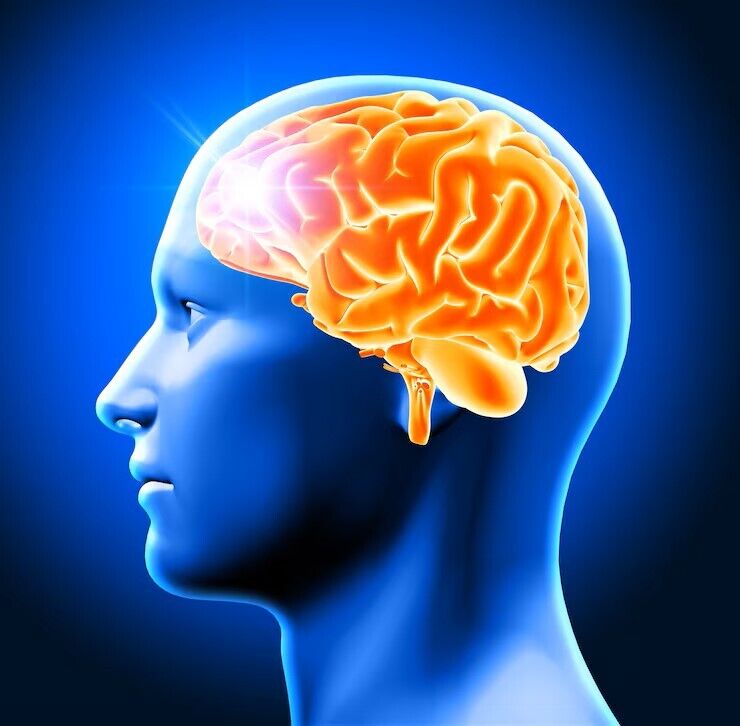News
New study revolutionizes scientists' understanding of human aging
A new study has completely revolutionized the way scientists think about aging in the human body. Scientists from Stanford University have found that this process is not uniform.
According to the researchers, some parts of the human body begin to age earlier than others. And this applies even to organs and cells, The Washington Post reports.
Scientists wondered why identical laboratory mice, bred with the same DNA and under the same conditions, become different in old age and die at different times.
The researchers noticed that some mice spend all their time in motion, running on their wheels. Others forget about simple tasks and limp from place to place. Genetically, they remained indistinguishable, but their aging processes are different, the researchers say.
The scientists' attempts to unravel what is going on inside these mice are redefining the whole idea of aging. It has opened up a new field of study called "organ aging," which looks at how different parts of the body begin to age earlier than others, affecting what diseases develop and how long a person lives.
"Aging is something personal, it happens at a unique molecular level inside each of us. When we know how our own bodies age, we can slow down or speed up this process," said the Stanford University scientists.
Using advanced molecular biology, genetics, and big data to analyze human blood samples, scientists have determined that some people "age at the heart," meaning that the heart appears much older than the rest of the body. Or a person has an "aging brain" or "aging muscles" but a "young liver." Almost any organ can be the first to show signs of extreme aging, experts believe.
According to the researchers, the effects of brain aging on life expectancy are the most significant. People with very "old brains" were 3.4 times more likely to get Alzheimer's disease than their peers with "young brains."
"The 'old brain' was the strongest predictor of mortality. This suggests that this organ may be a central regulator of human life expectancy," the study authors noted.
The results emphasize "how complex aging is," said Hamilton Se-Hwi Oh, leader of the team of researchers.
However, the most important conclusion of the new study is that the age of organs can be adjusted. Scientists compared the condition of people's organs with their lifestyles and found that those who frequently smoke, drink, or eat processed meat were prone to accelerated organ aging. Instead, people who regularly exercised had younger organs.
Only verified information is available in our Telegram channel OBOZ.UA and Viber. Do not fall for fakes!






























